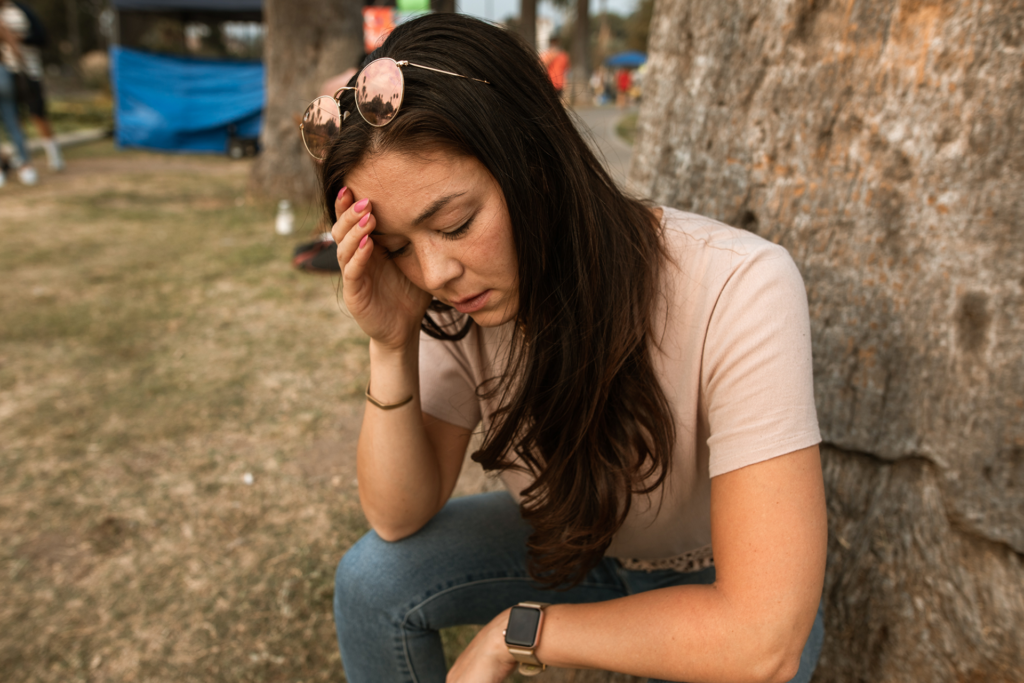
Women’s history month brings about an opportunity to reflect on the historical struggles and triumphs of women in all facets of society. Like many areas of medicine, the collective concerns of women in mental health have long gone unsanctioned. Despite this, female physicians, psychologists and professors have contributed innumerable accomplishments to the realm of behavioral health.
The Difference of Gender
Nearly 50 million adults in the United States suffer from mental health disorders annually. While both genders suffer from mental health issues, societal pressures and other sociocultural factors can directly cause these disorders in women.
Historically, research and treatment behind mental health has been unfairly skewed to support male populations. According to a 2012 article entitled Women And Hysteria In The History Of Mental Health, the condition of hysteria was widely and often attributed to women in place of more scientific diagnosis simply because of their gender. Derived from the Greek word “hystera,” meaning “uterus,” the condition described a sentient womb causing women to display symptoms of depression and anxiety due to not being pregnant. For hundreds of years, this left many women not only untreated for their true conditions, but their symptoms unexplored or not seriously researched.
Women often suffer from sexual exploitation and objectification. On a cultural whole, objectification refers to degrading someone from a person to a mere object. According to a 2007 article published by the American Psychological Association, the effects of media objectification on young girls and women are directly and indirectly linked to conditions such as depression, anxiety, eating disorders, and self-esteem issues.
Historically, women often assume the role of caregiver and must balance upkeep of a household, raising children, and their careers. While this stigma is changing, women are still frequently left with additional stressful work within the home, referred to as “invisible labor.” This additional stress has been linked to panic attacks, depression, and other anxiety disorders. This increased workload can make it all the more difficult for women to take time off to seek treatment for symptoms.
Even conditions such as pregnancy can increase mental health complications for women. Nearly 20% of pregnant women will experience symptoms of depression or anxiety. In turn, other studies have shown that children of caregivers who suffer from depression are more likely to suffer symptoms themselves.
The effects of these sociocultural factors are a double-edged sword for women: not only can they cause a higher rate of mental health issues, but they contributed to women being more likely to not seek treatment. According to the Women’s Health Research Institute at Northwestern University, women are more prone to feeling stigmatized about seeking help for symptoms of a mental health disorder than men.
Furthermore, women of minority populations are even more likely than women as a whole to not seek treatment. According to Johns Hopkins University, Black and Latina women are about half as likely as white women to seek help from a medical professional for mental illness. Dr. Erica Richards, Chair and Medical Director of the Department of Psychiatry and Behavioral Health at Sibley Memorial Hospital at Johns Hopkins, said that women are often so busy taking care of everyone else, it’s not often they take time out to care for themselves.
Women Pioneers of Behavioral Health
Despite historical struggles when seeking treatment, women have been and continue to be an integral role in the research of behavioral health. In appreciation of women’s history month, we are happy to recognize their countless contributions to modern science:
Hollingworth was an American psychologist and feminist of the late 1800s and early 1900s. While it was widely accepted that intelligence was linked to genetics, Hollingworth believed education and environment were more important factors. She authored nearly one hundred technical and popular papers and articles in journals devoted to education, psychology, and social science.
Dr. Calkins was a professor and psychologist who served as the first woman president of the American Psychological Association. Despite earning her doctorate degree at Harvard, she refused the degree due to Harvard generally not accepting women students at the time of her studies.
The youngest child of Dr. Sigmund Freud, Dr. Anna Freud admired her father’s study of psychology. Despite her father’s contributions to psychology, Anna cemented herself as a renowned psychoanalyst in her own right. She is widely regarded as the founder of child psychoanalysis.
Dr. Clark was the first Black woman to obtain her doctorate degree in psychology from Columbia University. She and her husband Dr. Kenneth Clark opened the first center offering psychology and casework services in Harlem, New York.
Dr. Maccoby, who studied at Harvard alongside B.F. Skinner, focused her career on the psychology of gender roles and sex differences. She was also the first woman to serve as the chair of the psychology department at Stanford University.
